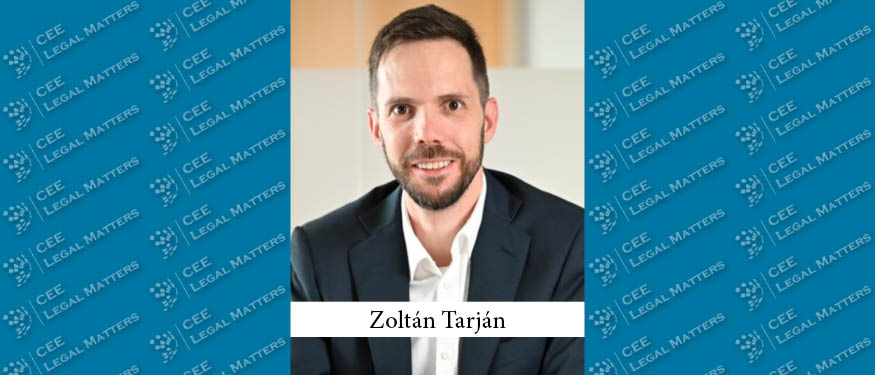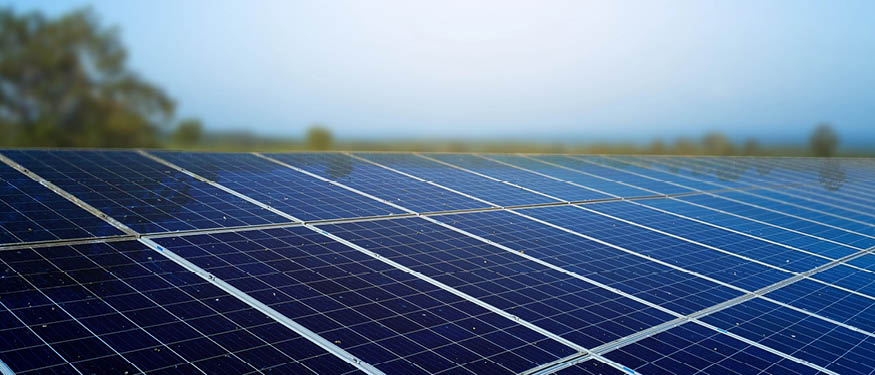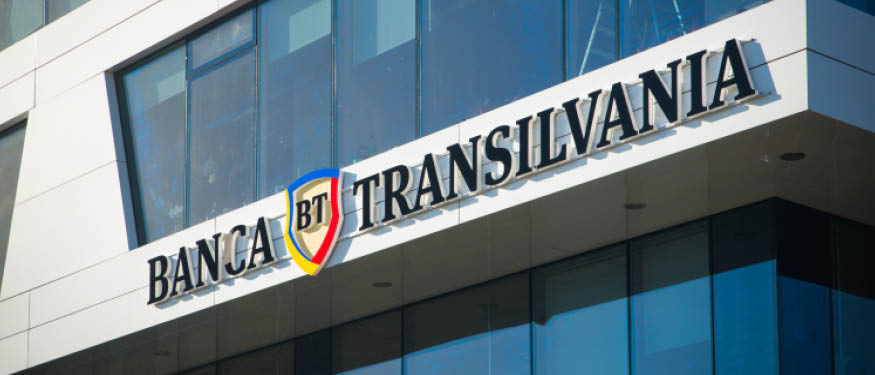The Law on Amendments to the Law on Excise (“the Law”) was published in the Official Gazette of the Republic of Serbia no. 75/2023 of September 6, 2023, and it entered into force on the eighth day after its publishing, i.e., on September 14, 2023, while it shall be applied from October 1, 2023.
The reason for enacting the Law is the need to achieve further harmonisation of excise policy with the EU standards in domain of excise policy pertaining to the excise taxation of energy products, tobacco products and alcoholic beverages – both in regard to the scope of excise taxation and reaching a minimum level of excise taxation as stipulated by EU regulations, while the aim of the Law is also to increase budget revenues.
We shall herein provide an overview of key novelties brought out by the Law.
1. E-excise system
The Law introduces the e-excise system, which is defined as a centralised information system managed by the ministry in charge of finance, which retrieves data from other registers kept by relevant authorities, as well as data related to excise products, excise taxpayers and trade actors; it enables submission of electronic applications for issuance of control excise stamps and for issuance and renewal of permits for excise warehouses, as well as management of business processes and communication between users of e-excise system with regard to excise products, recording, storing and processing data relating to movement of excise products.
The users of e-excise system are state authorities and organisations, legal entities, payers of corporate profit tax, payers of tax on income from independent activity, which, within their rights, duties, obligations or authorisations relating to excise products:
- take part in the procedure for approval, printing and issuing control excise stamps, keeping records of approved and issued stamps, labelling excise products and scanning QR codes on control excise stamps;
- take part in the procedure for provision, renewal and withdrawing of excise permits;
- keep registers of manufacturers and importers of alcoholic beverages and coffee, as well as other registers relating to excise products.
Access to the system is enabled by the ministry in charge of finance, while its use will be obligatory from October 1, 2024.
The conditions, manner and procedure for registration of users of e-excise system, as well as other relevant matters related to it, will be regulated by a by-law to be enacted by the Government within nine months from the day of entry into force of the Law
2. Control excise stamps with QR code
Control excise stamps with QR code are introduced within the e-excise system.
Namely, the Law stipulates that the payer of excise for cigarettes and non-combustible tobacco shall be obliged, during manufacturing i.e., before import or during import at the place of customs clearance at latest, after product labelling, to perform initial scanning of QR code on the control excise stamp, for each of these products separately, and to enter additional information in the e-excise system, notably:
- product description;
- place of manufacturing;
- date and time of manufacturing;
- information on product line;
- information on market where the product will be sold;
- code and name of the product brand.
Following the initial QR code scanning, trade participants shall be obliged to scan the QR code on control excise stamp in each individual place of product receipt, and for each product separately, as well as to immediately submit data on read QR codes on excise stamps through e-excise system. The obligation to scan QR code on excise stamp and submit data through e-excise system is also applied during transfer from one place to another and during movement of product within one trade participant.
By-laws necessary for implementation of the stated legal solutions will also be enacted within nine months from the day of entry into force of the Law.
The obligation to label products with control excise stamps containing QR code will apply from January 1, 2025, as well as the obligation to scan QR code on control excise stamp by excise taxpayers, i.e., other participants in trade, in accordance with the provisions of the Law.
3. New excise products
The Law introduces two new excise products – nicotine pouches and natural gas for final consumption.
Nicotine pouches are single-use products containing nicotine or nicotine compounds and other ingredients, packed in bags or porous bags and exclusively intended for oral use, which are traded according to norms prescribed for the market of the Republic of Serbia.
Excise for nicotine pouches is paid for one kilo of net weight contained in nicotine pouches, in the amount of 4,500.00 RSD/kg, while the obligation on basis of this excise starts from January 1, 2024.
As regards the natural gas for final consumption, it shall be subject to excise in the amount of 1,097.20 RSD/MWh for motor vehicles and excise in the amount of 63.30 RSD/MWh for heating, while the Law defines the meaning of final consumption and end user.
Taxpayer of natural gas excise shall mean an entity which is, under the law regulating the area of energy, considered supplier, i.e., public supplier of natural gas, the entity producing and compressing natural gas in exploitation field, and the entity importing compressed natural gas. The basis for calculation of excise on natural gas shall be the quantity of supplied natural gas, also in accordance with the law regulating the field of energy. The Law also stipulates the exceptions, i.e., when the excise on natural gas for final consumption is not paid.
The obligation on basis of excise on natural gas shall start from January 1, 2025.
4. Register of importers of alcoholic beverages and coffee
The Law stipulates the obligation for importers of coffee and alcoholic beverages, before releasing goods into free circulation, to enter into the register of importers of alcoholic beverages and coffee, kept by the Customs Administration.
By-law regulating the stated register will be enacted within nine months from the day of entry into force of the Law.
This register is an addition to the previously established Register of producers of coffee and alcoholic beverages, which is also established on basis of the Law on Excise.
5. Increased excise
The Law increased the amounts of excise for oil derivatives, biofuels and bio liquids, alcoholic beverages (low-alcohol beverages, beer, low-alcohol beverages containing beer regardless of the percentage of beer contained and low-alcohol beverages with 5% or more of alcohol) and coffee (unroasted coffee, roasted coffee, coffee flakes and parchments and coffee extracts, essences and concentrates).
This article is to be considered as exclusively informative, with no intention to provide legal advice. If you should need additional information, please contact us directly.
By Lara Maksimovic, Senior Associate, PR Legal
















